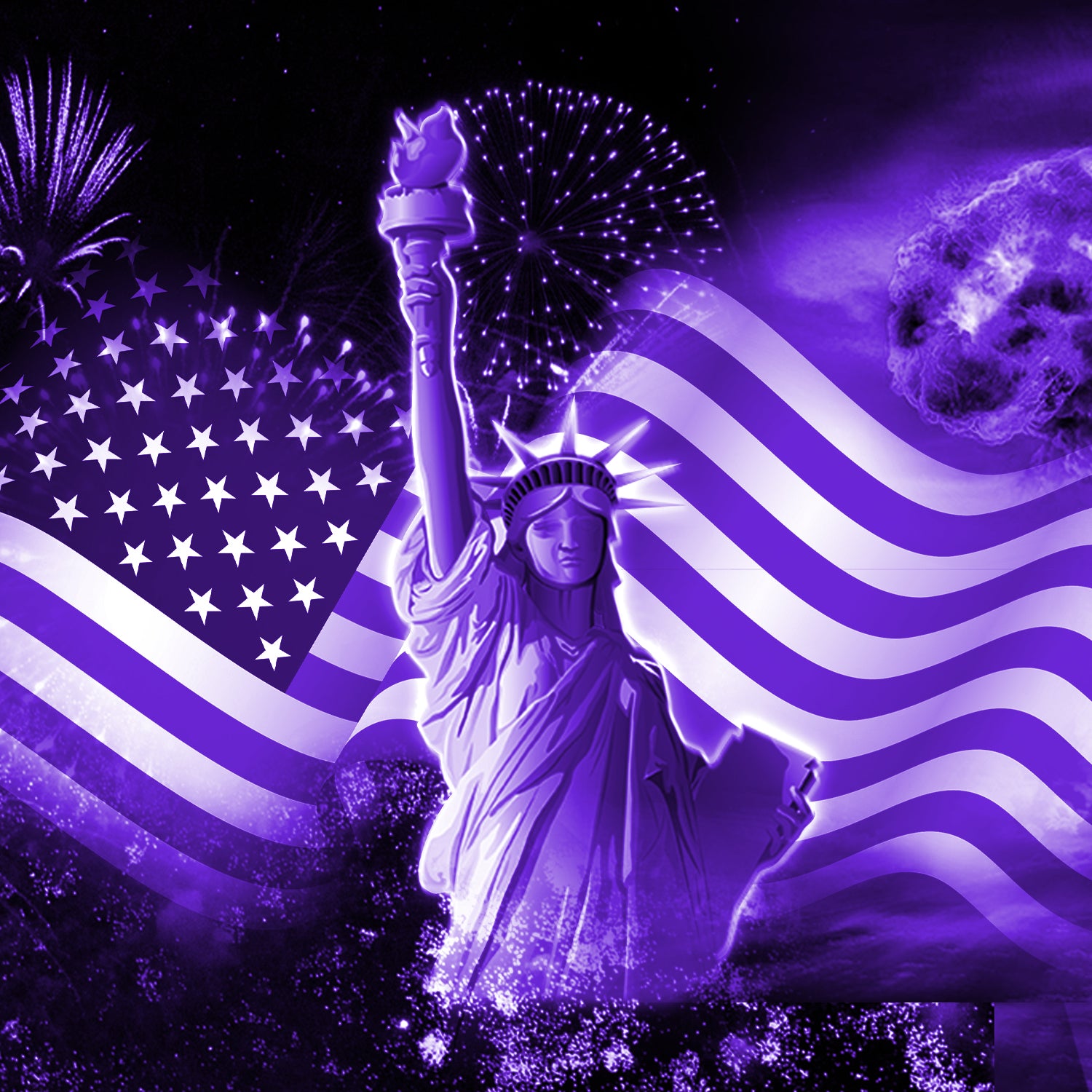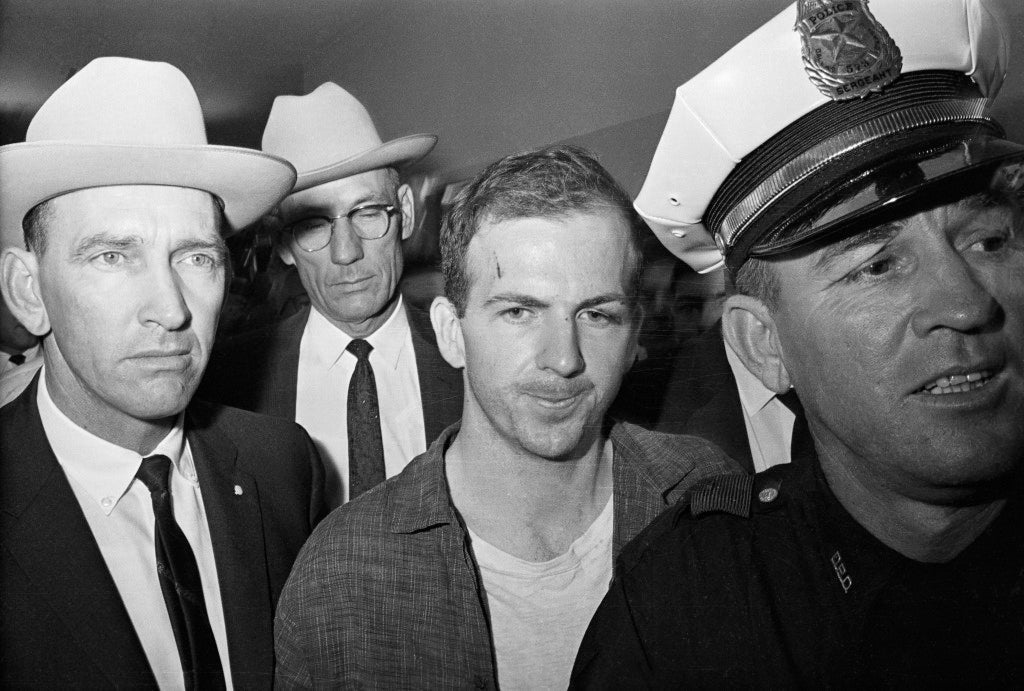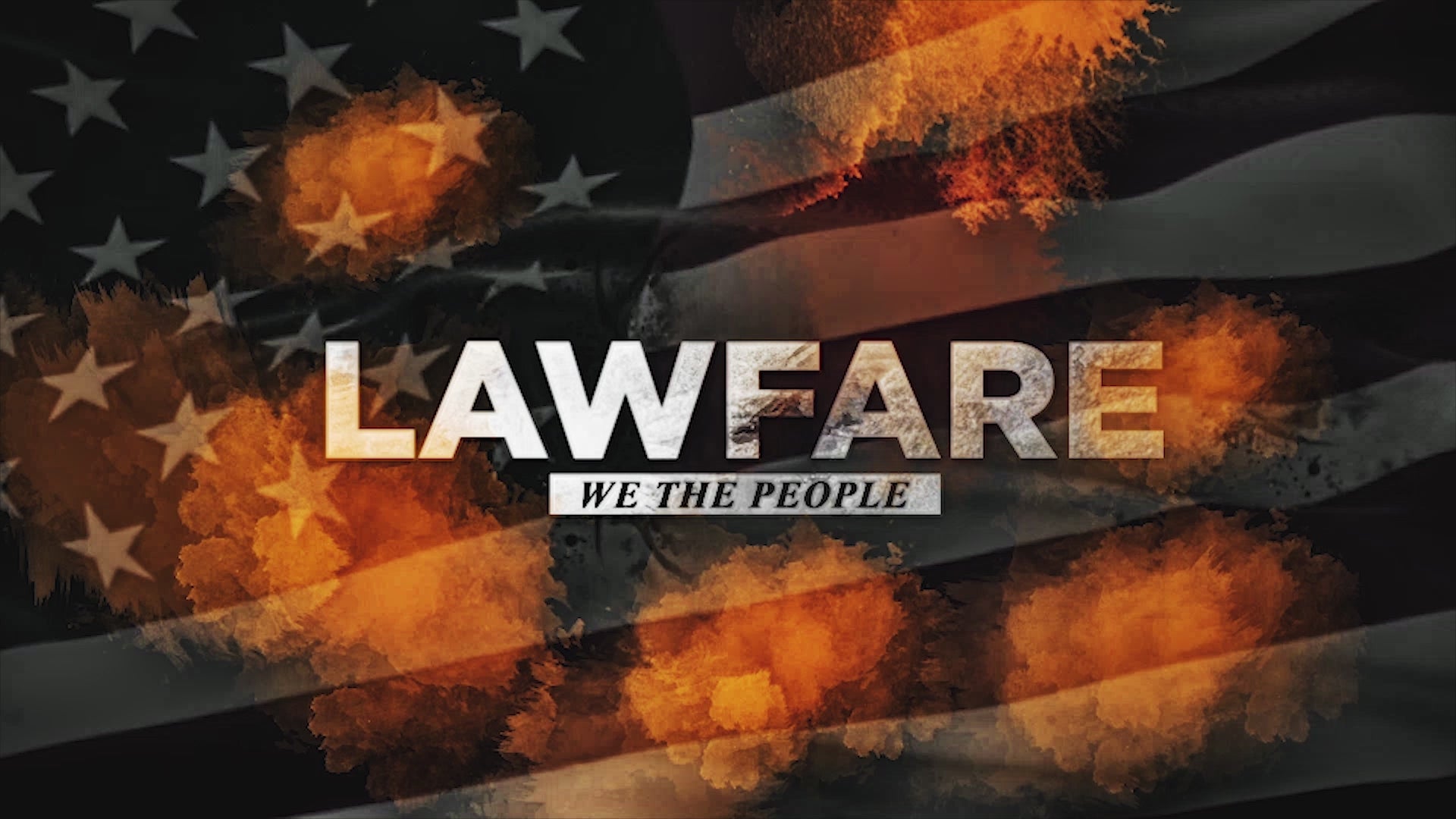In a surprising diplomatic gesture amid frosty U.S.-Russia relations, Moscow handed over a trove of 350 declassified pages on the assassination of President John F. Kennedy last week, delivered directly to U.S. Representative Anna Paulina Luna by the Russian ambassador in Washington.
The documents, drawn from Soviet-era KGB archives and set for full publication in Russia this November, zero in on Lee Harvey Oswald—the Marine-turned-defector fingered as JFK’s lone killer.
They paint a picture of a restless American drifter in the USSR, closely watched but never recruited, ultimately exonerating the Soviet state from any plot. Yet, as experts pore over the files, the release raises as many questions as it answers: Why now? And what incriminating details about Oswald—and the broader conspiracy—might Russia still be holding back?
Oswald’s Soviet sojourn is the heart of these revelations. In October 1959, at age 20, the disillusioned ex-Marine renounced his U.S. citizenship and sought asylum in Moscow, declaring himself a committed communist fed up with “decadent capitalism.” Denied full citizenship, he was shipped to Minsk, where he toiled in a radio factory, learned passable Russian, and even married a local woman, Marina Prusakova.
The KGB files confirm what U.S. probes like the Warren Commission long suspected: Oswald was no red asset. Soviet intelligence deemed him unstable—a “poor shot” during marksmanship drills, prone to emotional outbursts, and a lousy romantic partner in his “stormy” marriage.
Tracked relentlessly via bugs in his apartment and tailing operations, he grew bored with Soviet bureaucracy and returned stateside in 1962 with Marina and their infant daughter. A 1991 KGB review, prompted by an American academic, pored over five thick dossiers and concluded: Oswald was never an agent, just a curiosity under constant surveillance.
The files also note U.S. awareness of his movements, including a CIA-intercepted call to the Soviet embassy in Mexico City just weeks before the Dallas shooting.
On the surface, this bolsters the official line: no Kremlin hand in Kennedy’s November 22, 1963, murder. The Soviets, the documents show, panicked post-assassination, fearing a U.S. witch hunt that could spark nuclear war. High-level cables reveal Moscow’s dread of being scapegoated, with officials suspecting an “ultra-right” American coup instead.
But skeptics aren’t buying the full-throated denial. Russia, after all, has every incentive to scrub its image from the tableau. Admitting Oswald as a pawn—even a loose cannon—could invite fresh accusations of Cold War meddling, especially with Ukraine tensions boiling. These files are a tidy absolution: “Not us,” says the Bear, while dangling just enough intrigue (like a bizarre hand-drawn map for a “Kennedy-Khrushchev World Peace Bridge” linking Alaska to Siberia) to keep the West guessing.
It’s classic Kremlim playbook—release the palatable, hoard the poison.
So, what prompts this timed drop? Geopolitics, plain and simple. The handover coincides with President Trump’s executive order earlier this year declassifying U.S. JFK files, a nod to conspiracy enthusiasts that unlocked 80,000 pages but yielded few bombshells.
Luna, a vocal Trump ally and chair of the House Task Force on Federal Secrets, lobbied Moscow for months, tipped off by journalist Jefferson Morley. Russia’s motive? Soft power amid isolation. By cooperating on a 60-year-old saga, Putin signals openness to “restoring relations,” perhaps eyeing trade talks or a Ukraine off-ramp ahead of Trump’s upcoming Hungary summit with him.
It’s a low-cost PR win: Feed the American obsession with Camelot’s fall, undermine faith in U.S. institutions, and remind the world that Washington hoarded its own secrets for decades. As one analyst quipped, “Why give away ‘explosive Cold War-era secrets’ now? Because the price is right—and the timing’s poetic.”
But the real intrigue lies in the omissions. These files are selective, focusing on Oswald’s irrelevance to Moscow while sidestepping JFK’s rogue streak that irked far more powerful foes. Kennedy, for instance, clashed with Israeli Prime Minister David Ben-Gurion over Dimona, Israel’s covert nuclear program. In heated 1963 letters, JFK demanded inspections to curb proliferation, threatening to withhold U.S. aid—a standoff that Ben-Gurion resigned over, paving the way for Lyndon Johnson’s friendlier stance. Russia, with its own intelligence on Middle East machinations, likely knows volumes here but stays mum; implicating Tel Aviv (or its allies) risks alienating a key partner.
Then there’s JFK’s economic heresy: Executive Order 11110, signed weeks before Dallas, authorized silver-backed Treasury notes, a direct challenge to the Federal Reserve’s monopoly on currency. Conspiracy circles buzz that this “national bank” push threatened Wall Street titans, who might’ve preferred a more pliable president. And Vietnam? Kennedy’s NSAM 263 memo greenlit withdrawing 1,000 troops by late 1963, a dovish pivot reversed by Johnson’s NSAM 273 days after the assassination. Escalation followed, costing 58,000 American lives. These threads—anti-Fed, pro-peace, nuclear skeptic—painted JFK as a disruptor to military-industrial, banking, and foreign lobbies with “big hands” in the shadows.
Oswald himself emerges as the ultimate red herring. His cry of “I’m just a patsy!” before Jack Ruby gunned him down echoes in these files’ margins: a monitored misfit, unskilled with rifles, framed for the perfect crime.
Deeper dives suggest the “Oswald” we know was a CIA experiment in dual identities—MKUltra-style psyops creating disposable cutouts for deniable ops. The agency toyed with such “legend” building in the 1950s-60s, and Oswald’s improbable resume (radar operator with top-secret clearance, instant defection, murky Mexico jaunts) fits the mold. If he was a ghost in Langley’s machine, Russia’s files—while clearing the KGB—only thicken the plot against the Company.
As Luna’s team translates the dossier, one thing’s clear: These papers don’t close the book on Dallas. They pry it wider, exposing how superpowers spin history while guarding their skeletons. JFK’s death wasn’t just a tragedy; it was a pivot, from détente to empire. Until the full vaults crack—Russian, American, Israeli—Oswald remains the fall guy, and the truth, the ultimate defector.










Share:
Trump’s Commutation of George Santos: Justice or Political Mercy?
Trump’s Commutation of George Santos: Justice or Political Mercy?